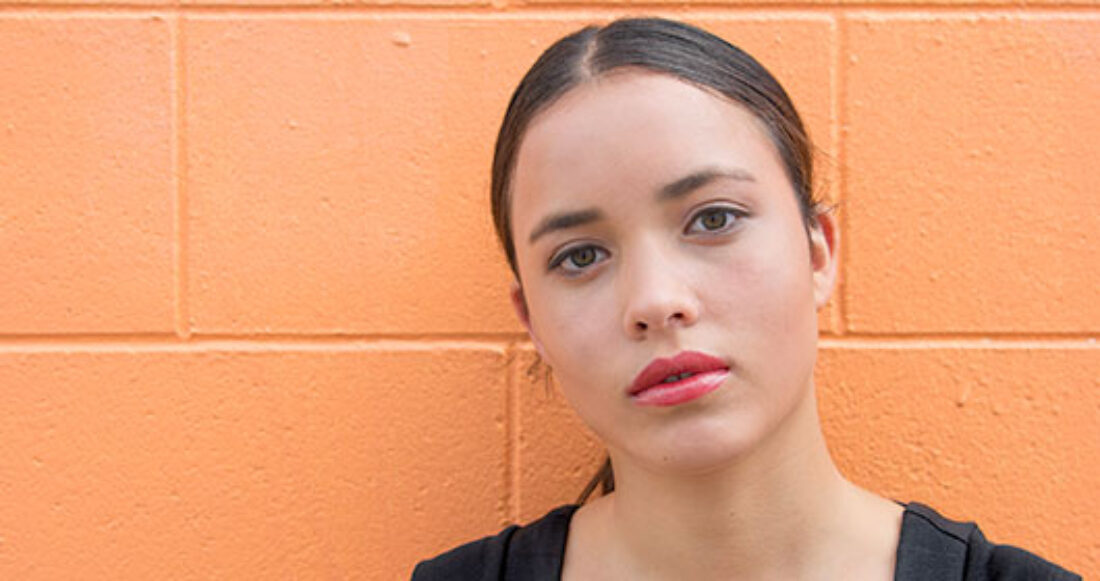I Was a Kid in Solitary Confinement

Alyssa B., author of this blog post, develops laws and practices that support girls and women involved in the justice system and human trafficking. She also volunteers with women affected by human trafficking in Jacksonville, Florida, and is one of the Annie E. Casey Foundation’s youth partnership consultants.
I was sent to adult prison at the age of 16, and it changed my life forever. I wish that was because I received the services I needed to turn my life around. But, it was because I was on lockdown 23 hours a day and lived without positive human contact and regular programming, such as education, recreation and trauma care.
I don’t want you to feel bad for me. I’m sharing my experience to make clear that kids in trouble with the law might be kids with their own troubles, who need help healing.
Before ending up in the justice system, I had already experienced severe trauma. By the time I was 15 years old, I had run away, abused drugs and been a victim of sex trafficking. I was tried as an adult for being violent toward the man who brutally raped and trafficked me.
I was placed in a mental health dorm — despite not having a mental health diagnosis — because there was no other space for me in the prison. Because I was under 18, I had to be separated from all adult prisoners by sight and sound to comply with the federal Prison Rape Elimination Act.
I was in a dorm with legally insane people. They yelled and screamed at night about things that made no sense to me. I saw people pepper sprayed and strapped down to a black restraint chair because they were being “too loud” or banging on the doors for “too long.” I was a kid, and I was terrified.
Being stuck in a cell for 23 hours a day forced me to relive my trauma. Some days I blamed myself for the abuse and neglect I suffered. I convinced myself that I deserved to be separated from the world because I only caused harm.
Other days, I felt ostracized, alone and like no one cared. I felt like I was going mad. I started to play games with the walls in my room. I would count the bricks and rearrange them in my mind, like a game of Tetris. I started arguments with myself and pretended I was both people in the argument.
I fell into a deep depression and had my first anxiety attack followed by uncontrollable rage. This began a cycle of suicide attempts, dissociation, mind games, depression, anxiety, rage and sleeping my life away that continued until I turned 18 and was moved to an adult dorm.
Based on my developmental age when I committed felony-level offenses, I wish I was placed in a dorm with juveniles where we received proper services toward rehabilitation. I wish staff had taken the time to ask me what happened to me and what I needed.
Instead of being therapeutic, confinement added to my misery and bound me to my past mistakes. It’s no wonder there is a higher recidivism rate for juveniles in the adult system — especially for the juveniles stuck in solitary confinement.
We need to stop solitary for kids, and we need to treat kids like the kids they are. This means building relationships with them that make them feel safe, supporting them and believing that they are human beings with a future. Luck was a huge factor in my story, because I got the help that I needed after I was released. It shouldn’t be by luck that our youth receive appropriate services. It should be by design.
Learn about the Foundation’s support of the Stop Solitary for Kids Campaign.





